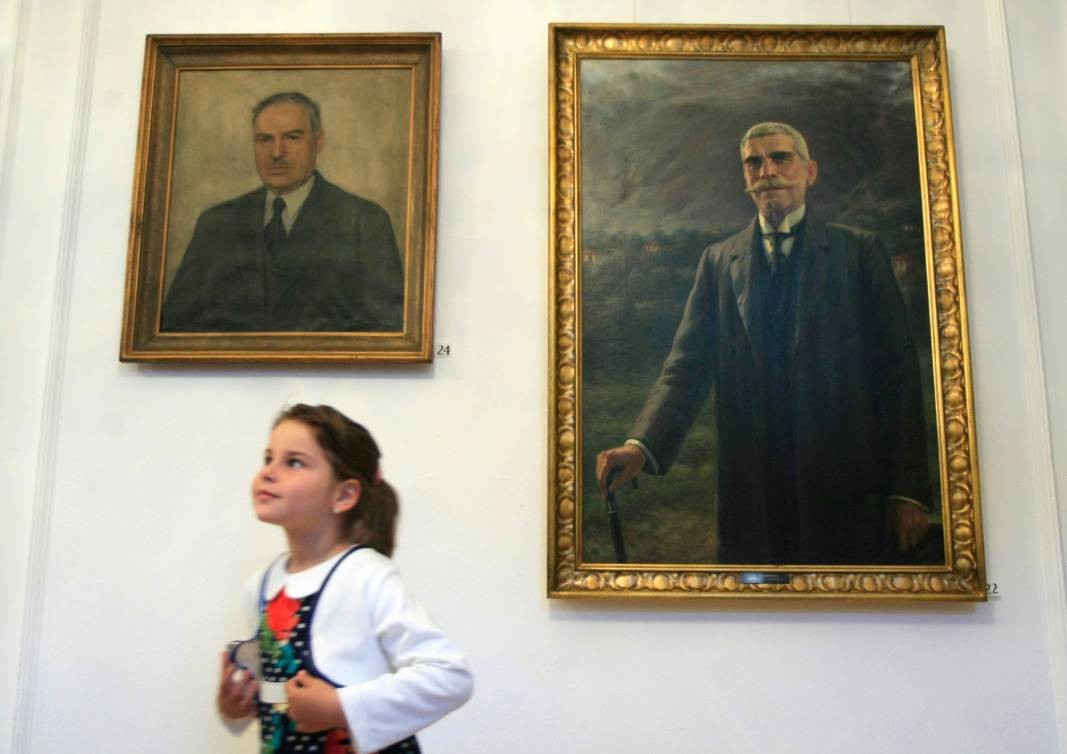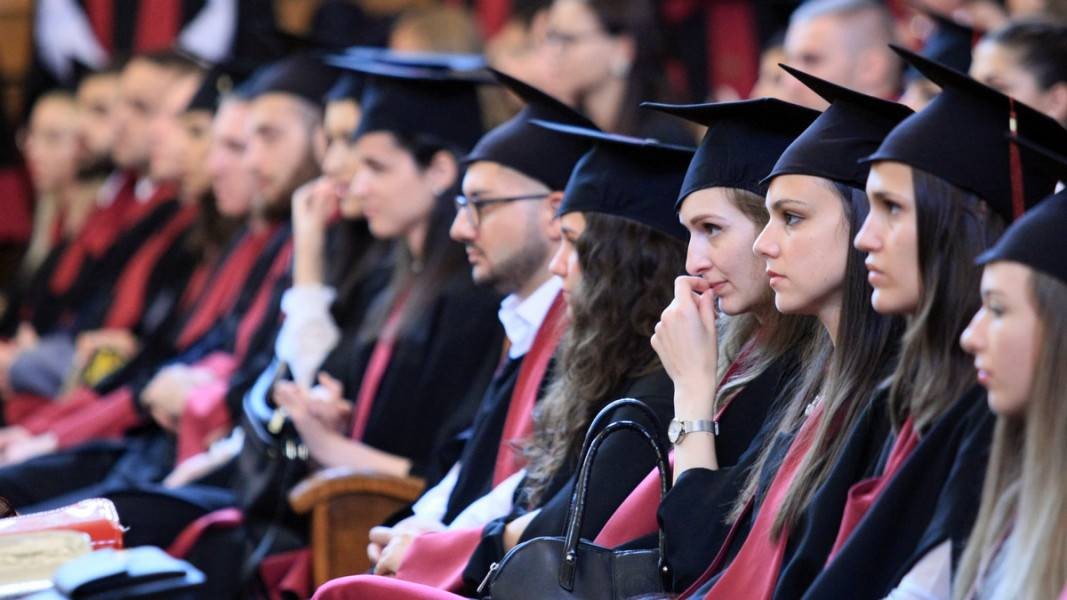


Although they came with the calling to uplift our world, the chosen ones not only followed their predetermined path, but also risked not fully revealing themselves because of their sacred duty to the Fatherland. Among these Renaissance Bulgarians was..
The Plovdiv Jazz Festival is celebrating its tenth birthday this year with a program, both in the summer and autumn, featuring some of the biggest names in the world of jazz. The autumn edition will announce the second largest city in Bulgaria - Plovdiv,..
The 138-minute Italian-French-Spanish biographical drama Limonov: The Ballad of Eddie (2024) has won the Grand Prize for Masterful Literary Adaptation at the CineLibri international feature film competition in Sofia. The film is an adaptation of..

+359 2 9336 661
